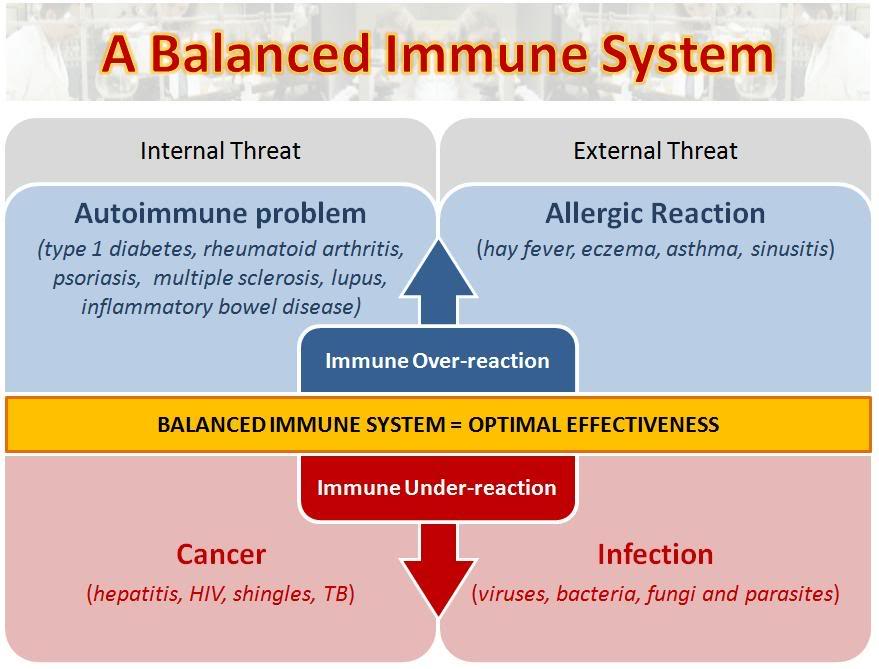Cryptocurrency has taken the financial world by storm in recent years, with more and more people turning to digital assets as a form of investment and payment. But what exactly is crypto, and how does it work?
What is Crypto?
Cryptocurrency is a decentralized digital currency that uses cryptography for security. It operates independently of a central authority, such as a government or bank, making it immune to interference or manipulation.
How Does Crypto Work?
Transactions involving cryptocurrencies are recorded on a decentralized ledger called a blockchain. This technology ensures transparency and security, as each transaction is verified by a network of computers before being added to the ledger.
Benefits of Crypto:
- Security: Cryptocurrencies offer high levels of security due to their cryptographic nature, making them resistant to fraud and hacking.
- Accessibility: Anyone with an internet connection can access and use cryptocurrencies, allowing for financial inclusion for individuals without access to traditional banking services.
- Decentralization: With no central authority controlling cryptocurrencies, users have greater control over their funds and financial transactions.
Frequently Asked Questions about Crypto:
- Is Crypto Legal? – The legality of cryptocurrencies varies by country. In most regions, owning and trading cryptocurrencies is legal, but regulations may differ.
- How Can I Buy Crypto? – Cryptocurrencies can be purchased on online exchanges using traditional currency or other cryptocurrencies. Popular exchanges include Coinbase, Binance, and Kraken.
- What Is the Future of Crypto? – The future of cryptocurrencies is uncertain, but many experts believe they will continue to grow in popularity and adoption as more people recognize their benefits and potential.
Overall, cryptocurrencies have the potential to revolutionize the way we think about money and finance. With their decentralized nature and secure technology, they offer a new and innovative way to conduct financial transactions in the digital age.
Mental health is a topic that has gained more attention in recent years, and for good reason. Our mental well-being is just as important as our physical health, yet many people still struggle to talk about their mental health issues or seek help when needed. This is why it is crucial to raise awareness about mental health and the importance of taking care of our minds.
Mental health includes our emotional, psychological, and social well-being. It affects how we think, feel, and act, and can impact every aspect of our lives, from our relationships to our work performance. Mental health problems can manifest in various ways, such as anxiety, depression, stress, and other mood disorders. These issues can be caused by a combination of genetic, biological, environmental, and psychosocial factors.
One in four people worldwide will experience a mental health problem at some point in their lives. Despite this high prevalence, there is still a stigma surrounding mental illness that prevents many individuals from seeking help. This stigma can lead to feelings of shame, isolation, and discrimination, making it even harder for people to open up about their struggles.
Raising awareness about mental health is essential to break down this stigma and encourage more people to seek help when they need it. By starting conversations about mental health and sharing personal stories, we can create a more supportive and understanding environment for those dealing with mental health issues. This can help reduce feelings of shame and isolation and make it easier for people to reach out for support.
In addition to reducing stigma, mental health awareness also plays a crucial role in promoting early intervention and prevention strategies. Just like with physical health, early detection and treatment of mental health problems can lead to better outcomes and improved quality of life. By educating the public about the signs and symptoms of common mental health conditions, we can help individuals recognize when they may need help and encourage them to seek support sooner rather than later.
Furthermore, mental health awareness can help dispel myths and misconceptions about mental illness and encourage a more empathetic and compassionate attitude towards those struggling with these issues. By providing accurate information about mental health and challenging negative stereotypes, we can foster a greater sense of understanding and acceptance within society.
Another important aspect of mental health awareness is promoting self-care and well-being practices. Taking care of our mental health is just as important as taking care of our physical health, yet many people neglect this aspect of their well-being. By educating individuals about the importance of self-care activities such as exercise, mindfulness, relaxation techniques, and healthy coping strategies, we can empower them to take proactive steps to maintain their mental well-being.
Additionally, mental health awareness can help improve access to mental health services and resources for those in need. Many people face barriers to accessing mental health care, such as cost, lack of availability, and stigma. By raising awareness about the importance of mental health and advocating for increased funding and support for mental health services, we can help ensure that everyone has access to the care they need.
In conclusion, mental health awareness is essential for creating a more supportive, understanding, and inclusive society for all individuals. By breaking down stigma, promoting early intervention, dispelling myths, encouraging self-care, and improving access to services, we can help ensure that everyone has the opportunity to achieve optimal mental well-being. It is time to start talking openly and honestly about mental health and work together to create a world where mental health is treated with the same importance as physical health.
Investing in cryptos under $1 offers a unique opportunity for growth and profit. We delve into the cryptos that not only are affordable but also possess the potential for substantial gains. Join us in exploring these undervalued assets that could be the next to hit the $1 mark.




